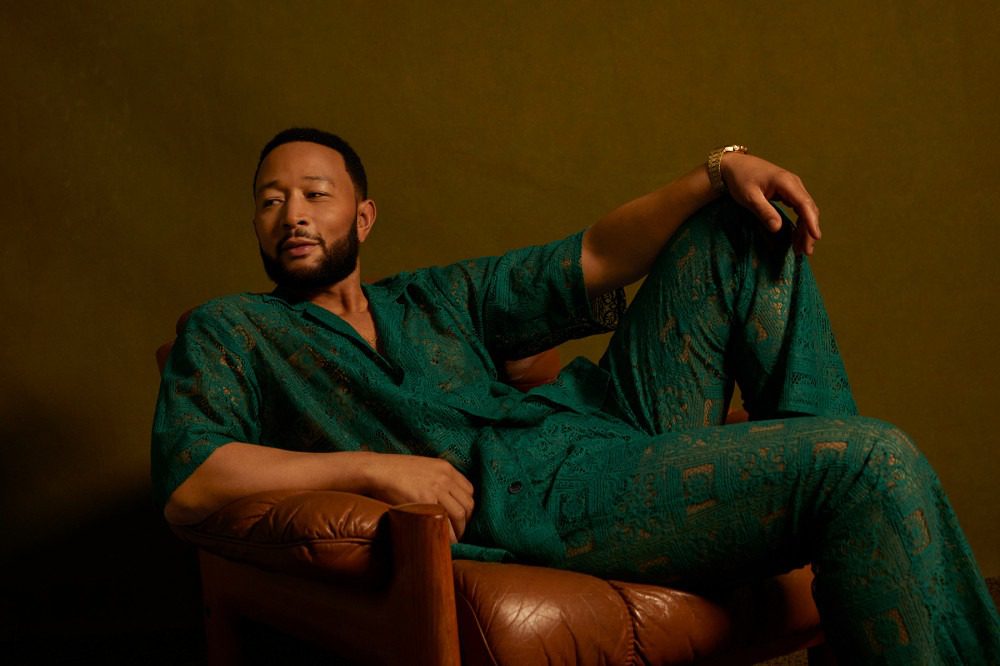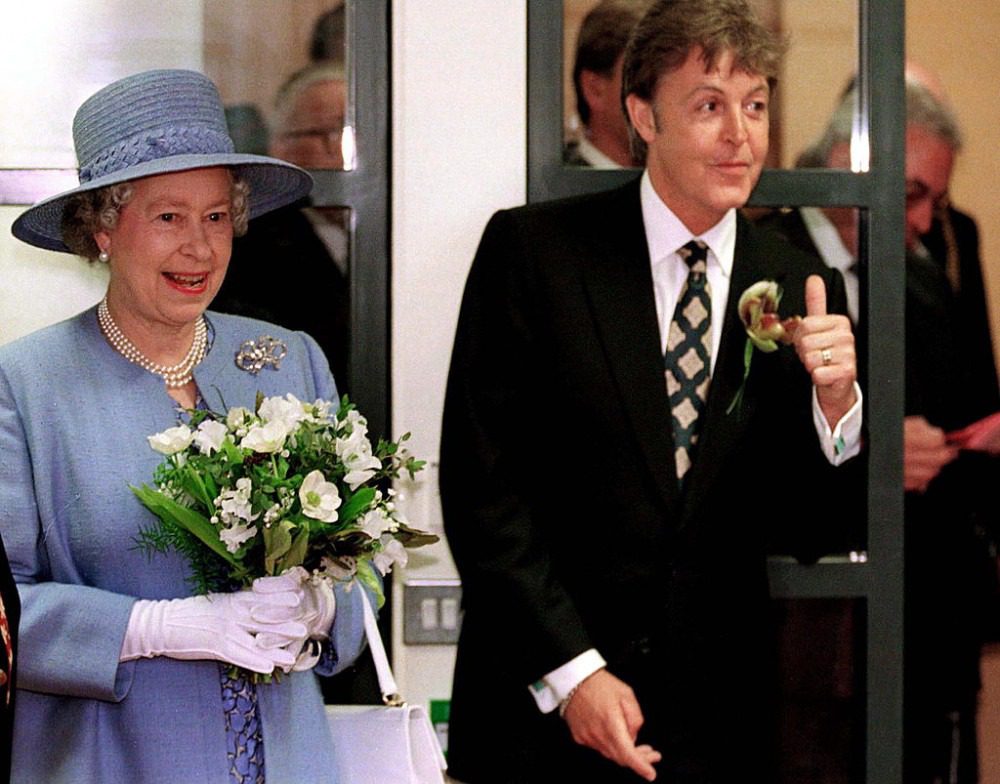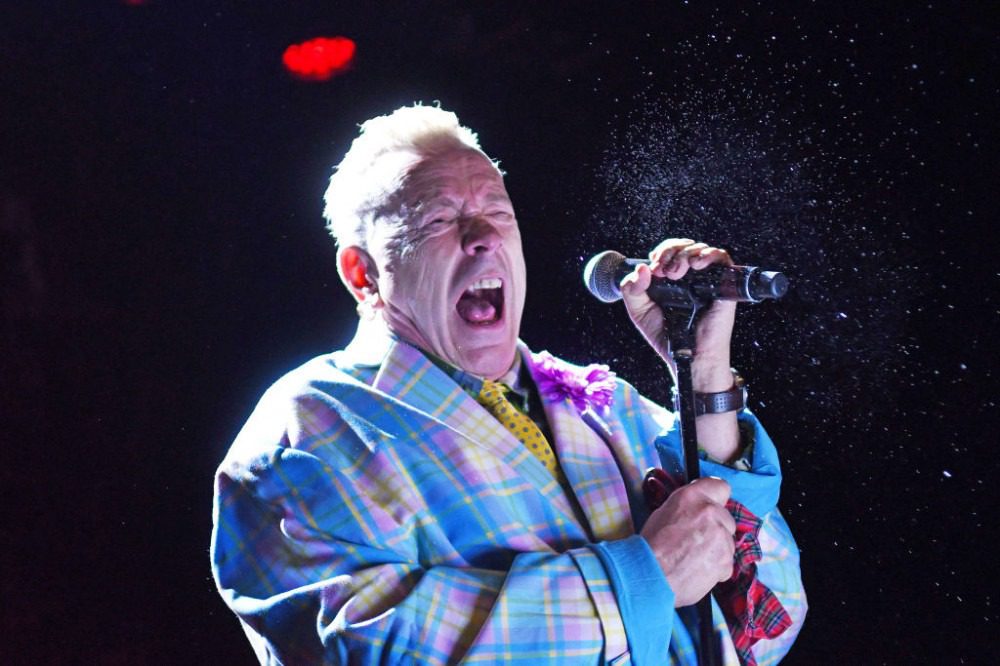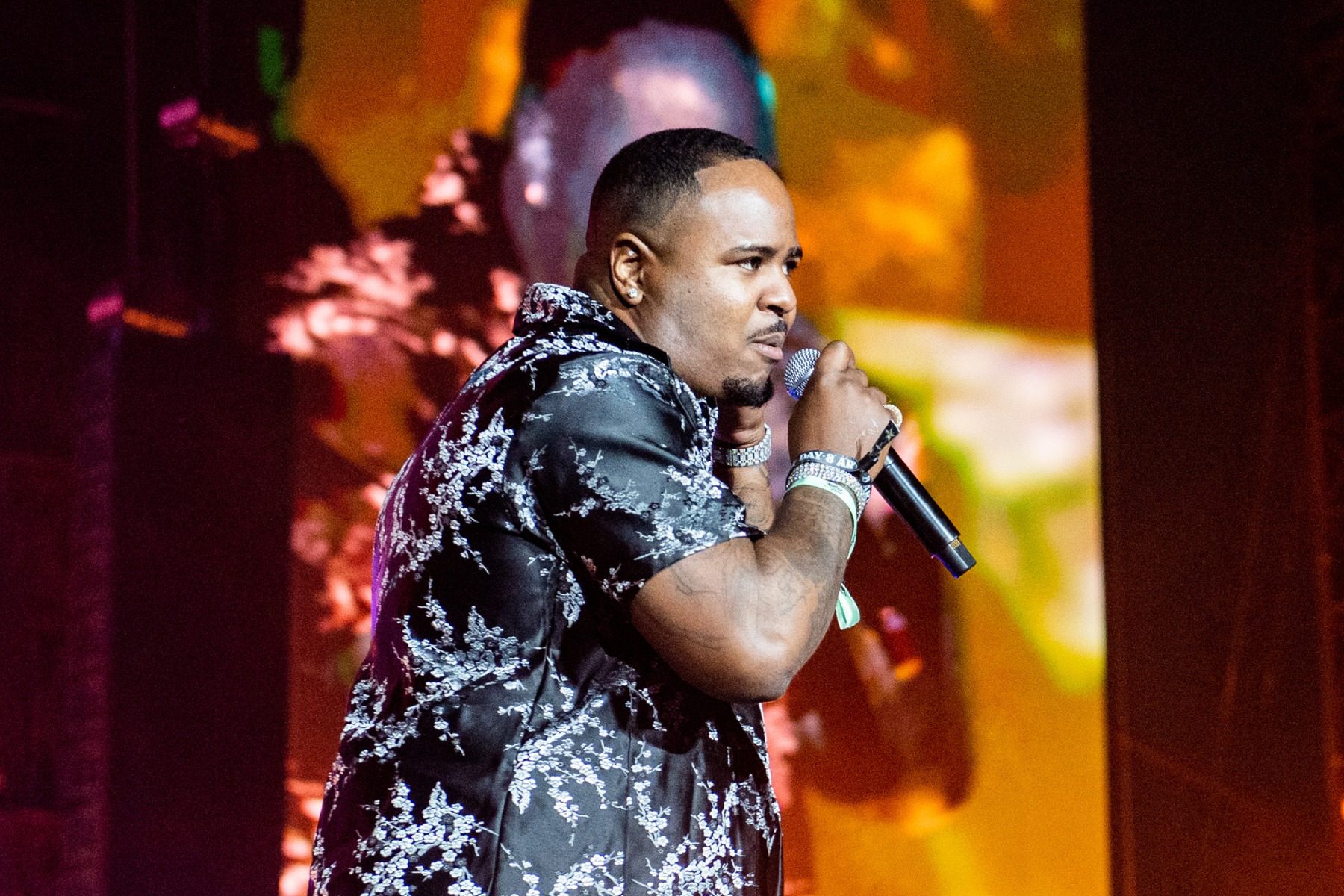
John Legend Wants Us to Know He Can Get Down. (Sometimes, Anyway.)
From the moment he snuck out from behind Lauryn Hill’s and Kanye West’s formidable shadows to launch his own career, John Legend has always made it clear he’s an old-schooler at heart. He doesn’t need AutoTune, he takes his piano chops seriously, and he’s overall the embodiment of tasteful (verging on tame) artistry. Demonstrating once again that he’ll always be a vintage-era guy, he divides his sprawling (and questionably titled) eighth album, Legend, into two parts, Acts 1 and 2, a move that in itself recalls classic thematic albums of yore.
On the frisky and more limber Act 1, Legend works against his better instincts for once. He hasn’t avoided dance or clubby tracks in the past. But working with an assortment of collaborators, including producer and songwriter Ryan Tedder of OneRepublic, members of the soul-revivalist band the Dap-Kings, and nimble modern producers like Tone and Some Randoms, Legend sets his smooth, elastic voice to the most seductive and slinkiest grooves of his career.
Given how Legend always seems to take himself a little too seriously, it’s a minor miracle what a sharp, snappy groove, some salacious lyrics, and an undeniable hook can do. Act 1 is essentially a neo-soul project with little of the reverent restraint that often comes with that kind of music. The electro bossa-nova of “Guy Like Me” and the quickened beat and slurpy vocal of “Waterslide,” songs both unafraid to revel in sexuality, give Silk Sonic a run for their retro sunglasses. Legend gives himself over to a Prince-style falsetto now and then and invites Rick Ross to add a few verses to the simmering “Rounds.” Even “One Last Dance,” which luxuriates in Legend’s normal soft-simmer R&B, sticks to the ribs. As long as you don’t dwell on the lyrics (“She’s sooooo dope/Wanna be her dope fiend/She shows me what dope means,” he testifies in, what else, “Dope”), it’s easy to give yourself over to Legend’s musical and verbal flirts.
On Act 2, Legend succumbs to his usual supper-club decorum. “Memories,” its opening track, is the most risqué, pushing the cringe envelope with its wild-night tale (“We were friends, everything was just cool/Then you hit me with that text, come through, yeah”). But after that, Act 2 settles into a series of devotional, lovestruck ballads that grow repetitive in mood and sentiment. (The bare-boned “Wonder Woman” and the mall reggae of “I Want You to Know” are the exceptions.) Starting with its title, “I Don’t Love You Like I Used To” appears to throw in a surprise twist—until he follows that line in the song with, of course, “I love you so much more.” Legend want us to respect him in the morning, but the previous evening is more of a good time.
Editor’s Note: You may have noticed that we got rid of the stars on our reviews. If you’re an engaged music fan in 2022 your opinion isn’t going to be defined by some random number. We’ll tell you right away (with some new labels) when a new album is a must-hear or, in rarer cases, an instant classic. After that, our critics will help you make up your own damn mind.





